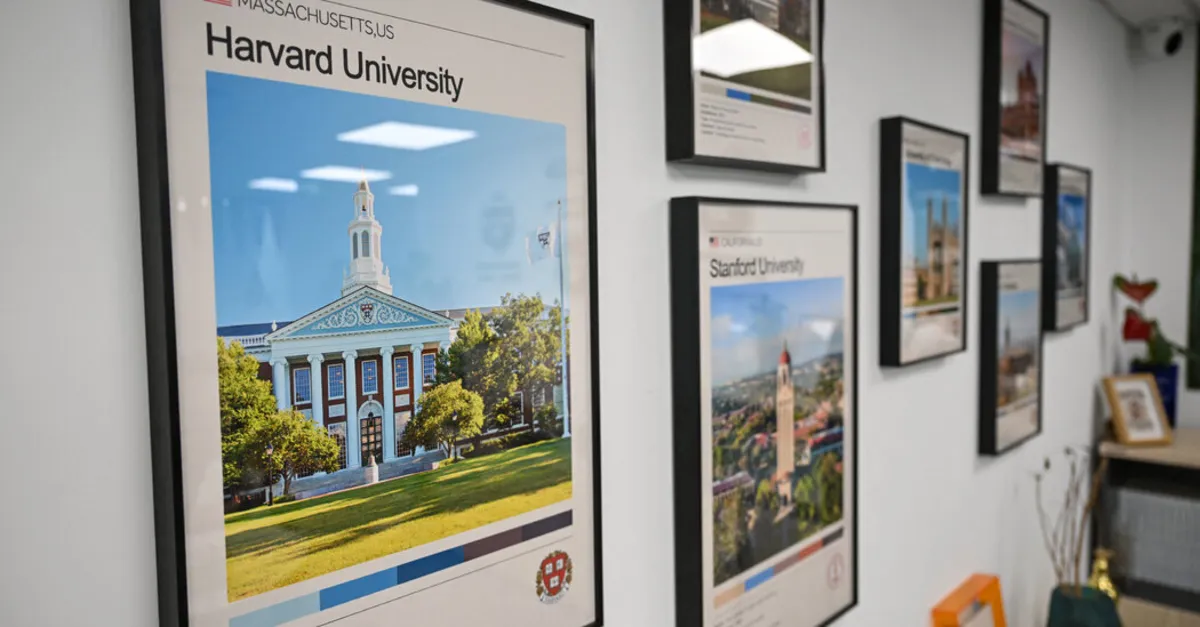
The F.B.I. has devoted decades to investigating professors and students from China who are suspected of utilizing their academic pursuits to engage in espionage on behalf of their home country. In light of a new, more aggressive approach from the Trump administration aimed at curtailing these activities, experts express concern that such measures may ultimately harm American research and academic collaboration.
Recently, the State Department announced plans to revoke visas for certain Chinese college students, a move that has been described by some former counterintelligence agents as overly severe. Greg Milonovich, a former F.B.I. agent who once managed the agency's counterintelligence division’s academic alliance program, emphasized that the number of students posing a legitimate national security risk from the People’s Republic of China is relatively small compared to the vast number of students who contribute positively to U.S. research.
During the announcement on Wednesday, Secretary of State Marco Rubio provided limited details, stating that the U.S. government would "aggressively revoke visas for Chinese students," particularly those linked to the Chinese Communist Party or those studying in critical fields. The criteria for this vague standard remain unclear, raising concerns about its implementation and the potential consequences on academic collaboration.
The Trump administration views the current landscape on college campuses as a crisis, asserting that only federal intervention can address the challenges posed by foreign students. Senior White House adviser Stephen Miller articulated the administration's stance on the matter, stating, "We’re not going to be awarding visas to individuals who have a risk of being engaged in any form of malign conduct in the United States, which of course would include espionage, theft of trade secrets, theft of technology, or other actions that would degrade the security of our industrial base."
As the Trump administration continues to push for significant changes in American higher education, the implications of these visa revocation plans may extend far beyond national security. The potential fallout could hinder valuable research partnerships and discourage international students from pursuing education in the United States, ultimately impacting the nation’s academic standing and innovation.
In conclusion, while the intent to protect national interests is clear, the approach taken could lead to unintended consequences that may compromise the very fabric of American research and educational excellence.